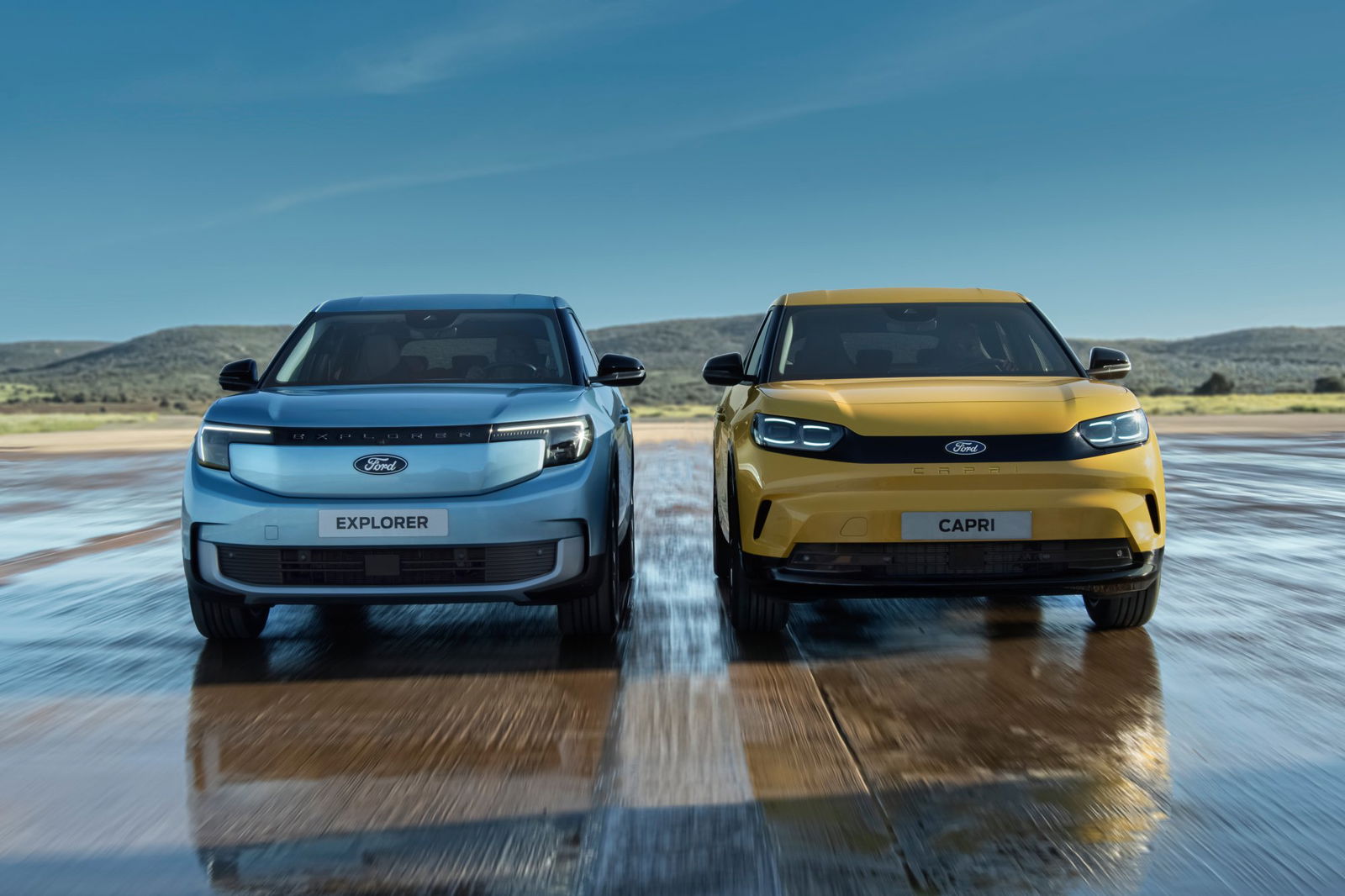The rise of the SUV has diminished the market share of passenger cars globally, with sedans, wagons, hatchbacks and coupes far less prominent than they once were.
It’s been the case for Ford too, which in many countries has few or no passenger cars. In Australia, the Mustang stands alone amid a lineup of SUVs, utes and commercial vehicles.
The story remains the same in Europe, where the Mustang is the only passenger vehicle in a range of more than a dozen models, following the demise of the Fiesta and Focus.
Ford may not have a diverse lineup at the moment, however executive chair Bill Ford told Autocar this is set to change in Europe, teasing the launch of future vehicles.
“Well, of course we’ll go on,” Ford said when asked if the brand which bears his name will continue to operate in Europe.

“On the passenger car side, we realise we’re not as robust as we need to be.
“But as Nick (Ford) says, we’re working on our future strategy right now. But I think you’ll be surprised – pleasantly surprised – by what’s coming.”
Ford is yet to officially announce future model plans for Europe, however recent reports have suggested passenger vehicles are well and truly back on the menu.
Last month an Automotive News Europe report claimed Ford CEO Jim Farley had issued the brand’s European division to develop new passenger cars, while dealers in the region were also informed of the move.

In May, UK magazine Auto Express reported the Fiesta is set to return as a rebadged Volkswagen ID.2, one of the German brand’s upcoming affordable electric hatchbacks.
Ford and Volkswagen already partner to sell rebadged vehicles in Europe and abroad, with the electric ID.4 and ID.5 SUVs sold as the Explorer and Capri respectively, while the new Amarok is a reskinned Ranger.
In response to the report, head of sales and marketing for Volkswagen passenger cars, Martin Sander, head of sales and marketing for Volkswagen passenger cars, wouldn’t “rule out that there are future opportunities here to share technology again (with Ford)”.
While it’s not known if the future Fords will be EVs, such a move is likely given the impending 2035 ban on new internal combustion engine (ICE) vehicles in Europe.

However, Bill Ford believes the transition to cleaner vehicles will happen at the rate the market determines, rather than what regulators want.
“What went wrong is that the regulators got out ahead of the customers,” Ford told Autocar.
“That’s never a good situation. In the future, electrification will play a very important role in transportation, but it won’t be the only part. The ICE business will be gradually phased out, but it won’t disappear. What happens will vary according to region.
“At Ford, we’ve invested in all of these clean technologies, and I feel good about that. But it’s down to customers. They want what they want, and it’s our job to give it to them.”












Discussion about this post